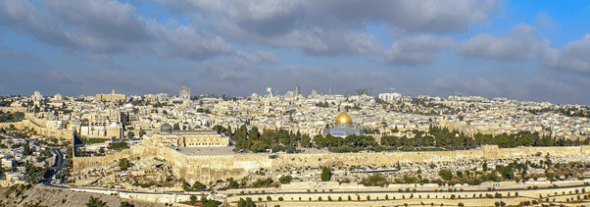
The Israel Defence Forces (IDF) will likely maintain a heightened security posture in the country’s Southern District over the coming hours after it conducted airstrikes against militant targets in the Gaza Strip. The IDF reportedly carried out the airstrikes in response to incendiary balloon attacks from the Gaza Strip. The cross-border fighting comes amid increasing tensions between Israeli forces and Gaza-based militants despite a ceasefire agreement signed May 21.
Gaza-based militants could launch retaliatory rocket attacks against communities along the Israeli-Gazan border over the coming hours and days. Possible rocket attacks would likely prompt precautionary measures, such as evacuations, in targeted areas of Israel.
Context
Although cross-border violence between the IDF and Gaza-based militants has largely subsided following the May 21 ceasefire agreement, tensions remain high. Gazan militants launched over 4,000 rocket and mortar rounds toward communities in southern and central Israel, including Jerusalem and Tel Aviv. The IDF responded with hundreds of retaliatory airstrikes against alleged militant targets in Gaza. The bout of violence constituted the most intense cross-border fire between Israeli and Palestinian forces in almost a decade. The conflict killed at least 12 Israelis and over 230 Palestinians and wounded more than 1,500 others.
Advice
Monitor local media and abide by security force directives. If possible, avoid areas within 5 km (3 miles) of the Gaza buffer zone until the security situation improves. If incoming mortar rounds or rockets are reported in southern Israel or warning sirens sound in the general vicinity, report to the nearest bomb shelter and await further instructions by authorities. If there is no shelter nearby, stay indoors, away from windows and exterior walls. If possible, move to a ground floor or basement.
Individuals or entities operating in the Gaza Strip are advised to avoid known Hamas security force locations, which are common targets for Israeli airstrikes. Establish a thorough communication plan to ensure rapid accountabilities for all personnel operating in southern Israel and the Gaza Strip.
Climate
Israel has a Mediterranean climate with long, hot, rainless summers and relatively short, cool, rainy winters. Summers are very humid along the Mediterranean coast but dry in the central highlands, the Rift Valley, and the Negev Desert.
Israel is a Middle East country and is bordered by Lebanon in the north, Syria in the northeast, Jordan in the east, Egypt in the southwest; the Palestinian territories (West Bank and Gaza Strip) in the east and west.
Population: 8.66 million
The country’s major economic sectors are High technology, Israel’s technology sector is growing faster than any other industry in the country, Manufacturing, Diamond Industry, Agriculture, Tourism, Transportation.

